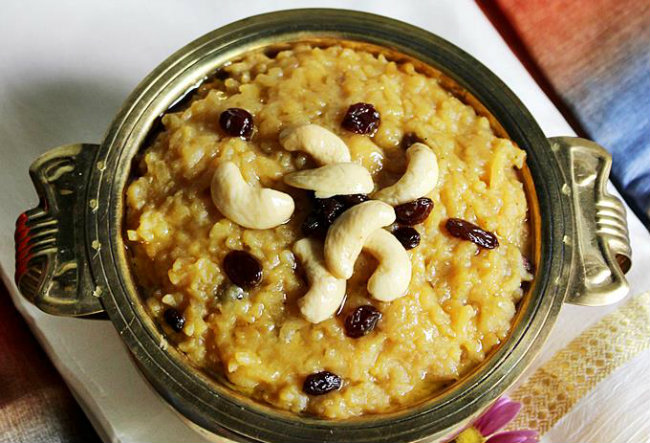
Smoking hookah may increase heart attack, stroke risk
Researchers have found that tobacco smoke from a hookah caused blood to function abnormally and be more likely to clot and quickly form blood clots, which can increase the risk of heart attack or stroke. The study, published in the journal Arteriosclerosis, Thrombosis and Vascular Biology, found that tobacco smoke from a hookah caused blood clots to form within an average of about 11 seconds, compared to an average of five minutes for clotting without exposure to hookah smoke.
Exposure to the hookah smoke also caused other abnormalities related to the way the blood flows, the research added.
Some studies have found that the smoke emitted from one hookah tobacco smoking episode contains significantly more harmful chemicals compared to a single cigarette.
In this study, researchers exposed mice to hookah smoke from a smoking machine that mimicked real-life smoking habits.
The smoking machine used 12 grams of commercially available, flavoured tobacco that included tobacco, glycerin, molasses and natural flavour with nicotine and tar.
In May 2019, the American Heart Association published a Scientific Statement, "Water Pipe (Hookah) Smoking and Cardiovascular Disease Risk," to analyse available research on the health effects of hookah smoking.
The statement noted that hookah smoking results in inhaling significant levels of toxic chemicals such as carbon monoxide and particulates from tobacco that can harm blood vessels, the heart and lungs, as well as creating a dependence on nicotine.
This study provides additional evidence that, contrary to popular belief, hookah smoking adversely affects cardiovascular health.
"Hookah smoking, which is becoming more popular in Western countries, is perceived as less harmful than cigarettes, yet hookahs carry a toxic profile that is thought to be comparable or to even exceed that of traditional cigarettes," Khasawneh added.
By:DIVYA POONKAZHAL

Smoking hookah may increase heart attack, stroke risk
DIVYA POONKAZHAL
Researchers have found that tobacco smoke from a hookah caused blood to function abnormally and be more likely to clot and quickly form blood clots, which can increase the risk of heart attack or stroke. The study, published in the journal Arteriosclerosis, Thrombosis and Vascular Biology, found that tobacco smoke from a hookah caused blood clots to form within an average of about 11 seconds, compared to an average of five minutes for clotting without exposure to hookah smoke.
Exposure to the hookah smoke also caused other abnormalities related to the way the blood flows, the research added.
Some studies have found that the smoke emitted from one hookah tobacco smoking episode contains significantly more harmful chemicals compared to a single cigarette.
In this study, researchers exposed mice to hookah smoke from a smoking machine that mimicked real-life smoking habits.
The smoking machine used 12 grams of commercially available, flavoured tobacco that included tobacco, glycerin, molasses and natural flavour with nicotine and tar.
In May 2019, the American Heart Association published a Scientific Statement, "Water Pipe (Hookah) Smoking and Cardiovascular Disease Risk," to analyse available research on the health effects of hookah smoking.
The statement noted that hookah smoking results in inhaling significant levels of toxic chemicals such as carbon monoxide and particulates from tobacco that can harm blood vessels, the heart and lungs, as well as creating a dependence on nicotine.
This study provides additional evidence that, contrary to popular belief, hookah smoking adversely affects cardiovascular health.
"Hookah smoking, which is becoming more popular in Western countries, is perceived as less harmful than cigarettes, yet hookahs carry a toxic profile that is thought to be comparable or to even exceed that of traditional cigarettes," Khasawneh added.
By:DIVYA POONKAZHAL










